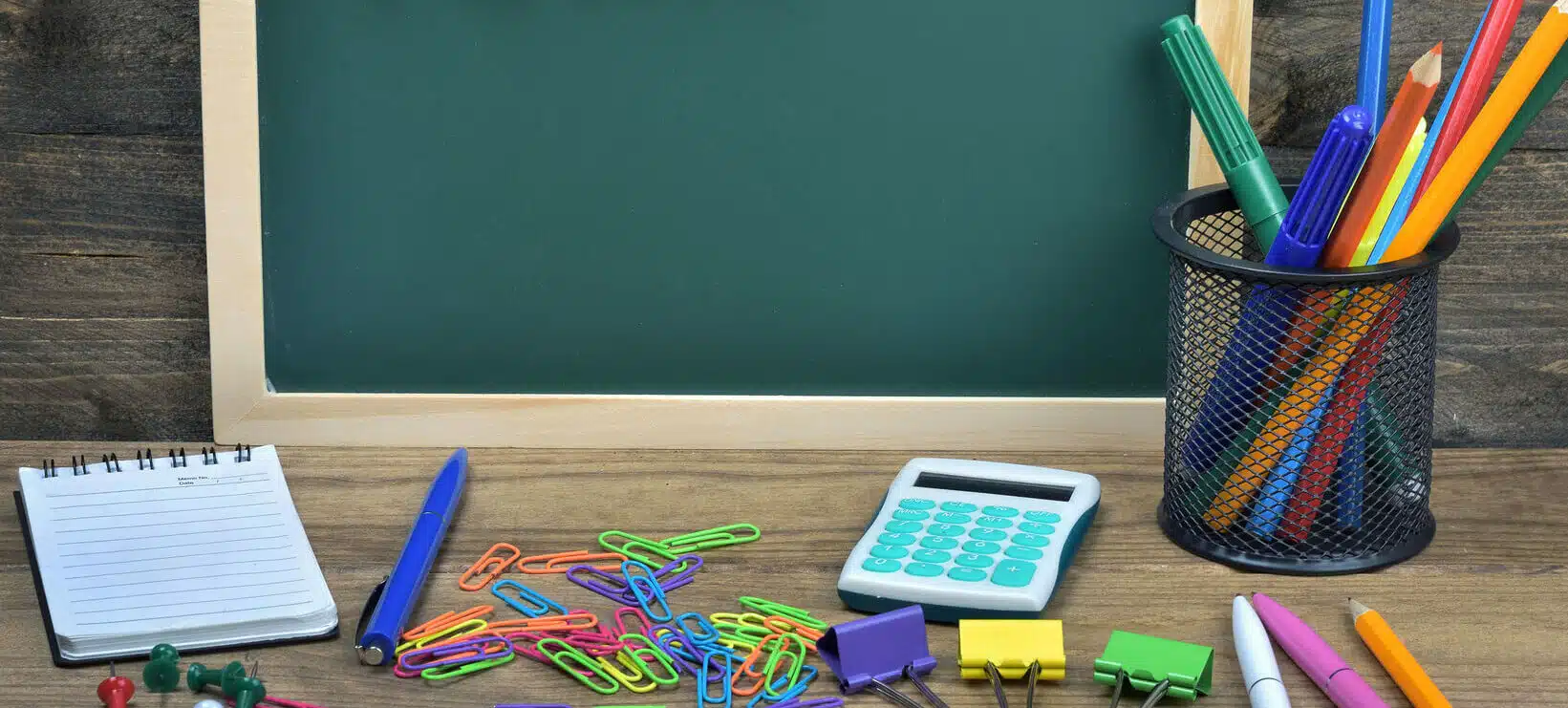Top Tips For Effective Lesson Planning
Join a global community of over 200,000 TEFL teachers working throughout the world! Enrol me!
Lesson planning is a necessary evil for the English as a Foreign Language teacher. There are not many TEFL teachers who enjoy it. We get it, we understand. Lesson planning takes time and effort and thought and consideration and it’s not a whole lot of fun. But the sad reality is we need lesson planning to ensure our lessons run smoothly and effectively. Here are our top tips for effective lesson planning to help you out a little and hopefully make it more enjoyable – if you can believe that!
Top tips for lesson planning
Plan your way
Planning should not be something that is forced on us or that we do just for the sake of doing it. This means that planning should not have to be done in a certain way. Planning needs to be done for our own reasons, in a way that makes sense to us. Some teachers write out every little detail of their lesson in a notebook, some use bullet points, some write on post-it notes. It doesn’t matter how you do it as long as it’s effective for you and your classes.
Don’t rush it
Planning will probably take some time in the beginning stages of your career, and that’s OK. It will take less and less time the more experienced you are. The key is not to leave planning until the last minute. Set aside a decent amount of time before your lessons to plan – preferably a few days in advance. This will help prevent last-minute panic attacks and bad decisions.

Start in the middle
The main aim of your lesson is usually accomplished right in the middle of your lesson. This allows time to build up to this point and then cool down, reflect and error correct afterwards. So start there. Then think about the best way to reach that point and the best activities to be done afterwards.
Keep your plans
You are bound to repeat lessons again and again (and again) with different classes. You may use coursebooks again, you might teach the same levels again and you’ll definitely teach grammar points or vocabulary sets more than once. Keep your plans in a safe (and organised) space so that you can find them easily again when you need them. Of course your plans may not be totally suitable for a different class but they can still be useful. You can use them to record which activities suit a certain unit in a book or a particular grammar point for a level, which will save you having to think of them again the next time you do the same thing.
Note your sources
When writing your plan you will find materials or resources which are useful for the lesson. Don’t forget to write very clearly where you found the material – e.g. word search in Cutting Edge Intermediate Teacher’s Book p 73, or magazine article in Time magazine Issue 57 p25. You might think you will remember where you found the resource but it’s easier if you don’t even have to think about it the next time you use your plans.
Not so bad, right? Follow these tips and you’ll find lesson planning a breeze rather than a chore.

Accreditation Partners
The TEFL Academy was the world’s first TEFL course provider to receive official recognition from government regulated awarding bodies in both the USA and UK. This means when you graduate you’ll hold a globally recognised Level 3 (120hr) Certificate or Level 5 (168hr) Diploma, meaning you can find work anywhere and apply for jobs immediately.
 United States
US
United States
US












